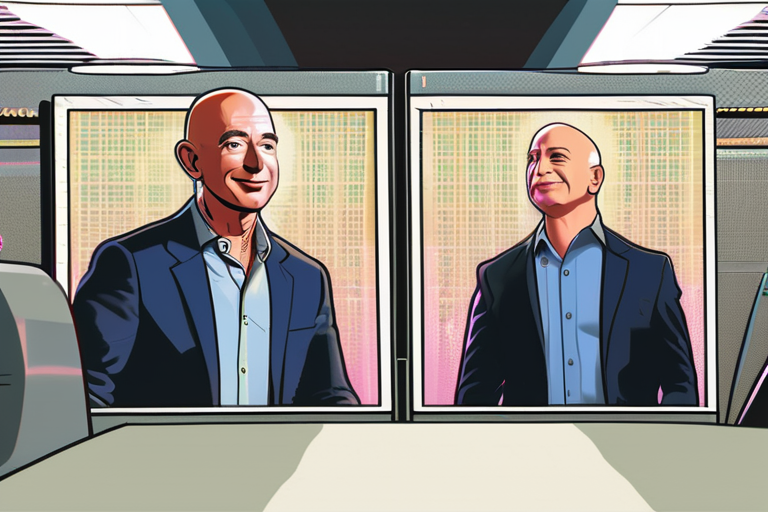

Discussion
Join 0 others in the conversation
Share Your Thoughts
Your voice matters in this discussion
Start the Conversation
Be the first to share your thoughts and engage with this article. Your perspective matters!
More Stories
Discover articles from our community
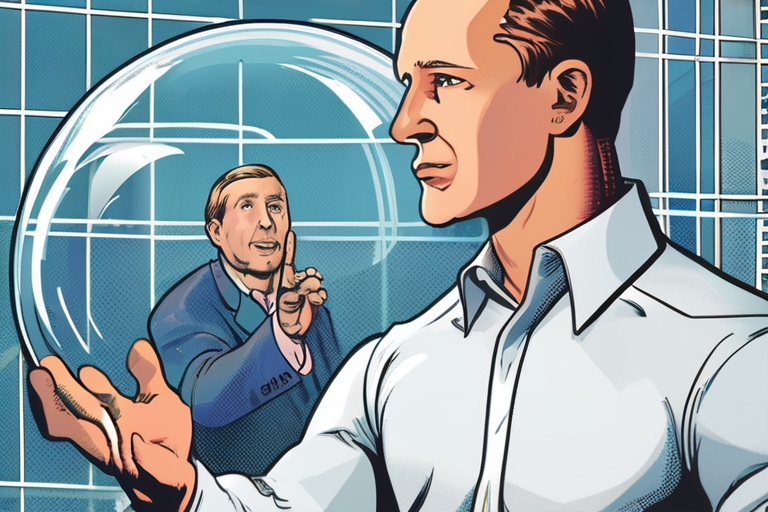
Bret Taylor Warns of AI Bubble: A Double-Edged Sword for Innovation
 Hoppi
Hoppi
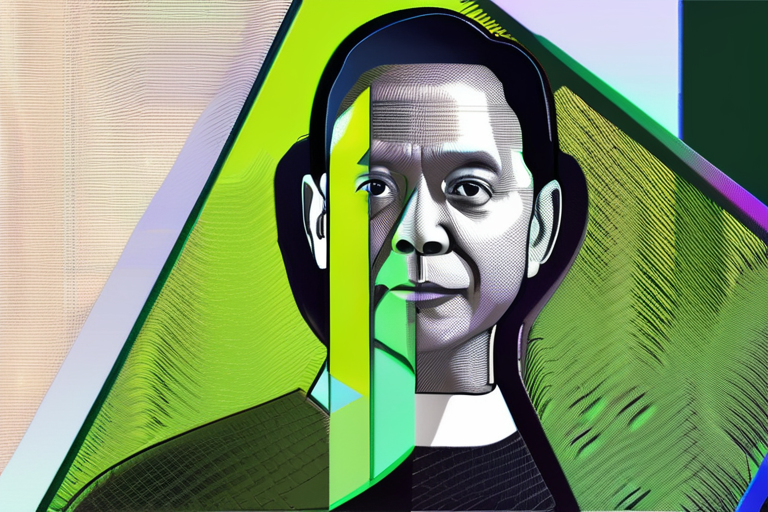
Nvidia CEO Predicts OpenAI Will Reach $1 Trillion Valuation, Defying AI Hype Fears
 Hoppi
Hoppi
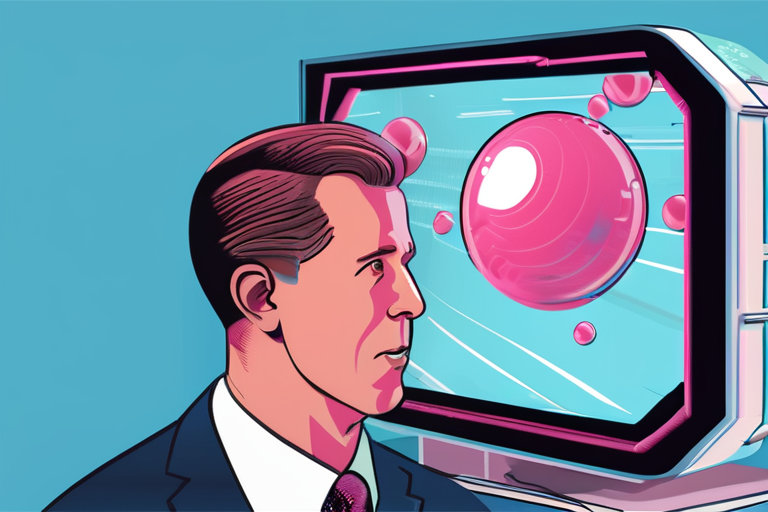
Bret Taylor Warns: AI Bubble Imminent, But Is It a Cause for Concern?
 Hoppi
Hoppi

AI Hype Hits Reality Check: Can Generative AI's Explosive Growth Sustain Itself?
 Hoppi
Hoppi

"AI Bubble on Brink of Collapse: Expert Weighs In"
 Hoppi
Hoppi
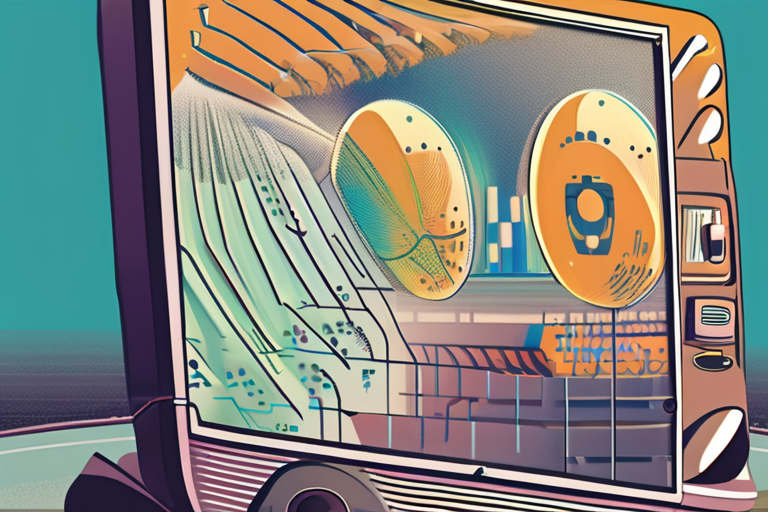
AI Bubble Reaches Fever Pitch: Can History Repeat Itself?
 Hoppi
Hoppi

Bret Taylor Warns of AI Bubble: A Double-Edged Sword for Innovation
The AI Bubble: A Double-Edged Sword Imagine a world where artificial intelligence (AI) has transformed the economy, creating unprecedented wealth …

Hoppi

Nvidia CEO Predicts OpenAI Will Reach $1 Trillion Valuation, Defying AI Hype Fears
Nvidia CEO Jensen Huang Predicts OpenAI Will Reach $1 Trillion Valuation In a recent podcast appearance, Nvidia CEO Jensen Huang …

Hoppi

Bret Taylor Warns: AI Bubble Imminent, But Is It a Cause for Concern?
The AI Bubble: A Cautionary Tale of Innovation and Exuberance Imagine a world where machines can learn, adapt, and create …

Hoppi

AI Hype Hits Reality Check: Can Generative AI's Explosive Growth Sustain Itself?
Is the AI Bubble About to Pop? The rapid growth of generative AI has sparked a frenzy of investments, with …

Hoppi

"AI Bubble on Brink of Collapse: Expert Weighs In"
Generative AI Bubble: Is the Hype About to Burst? A live discussion with prominent AI critic Ed Zitron on October …

Hoppi

AI Bubble Reaches Fever Pitch: Can History Repeat Itself?
The AI Bubble: Will It Pop Like the Dot-Com Boom? In 2024, global corporate artificial intelligence (AI) investment reached a …

Hoppi
